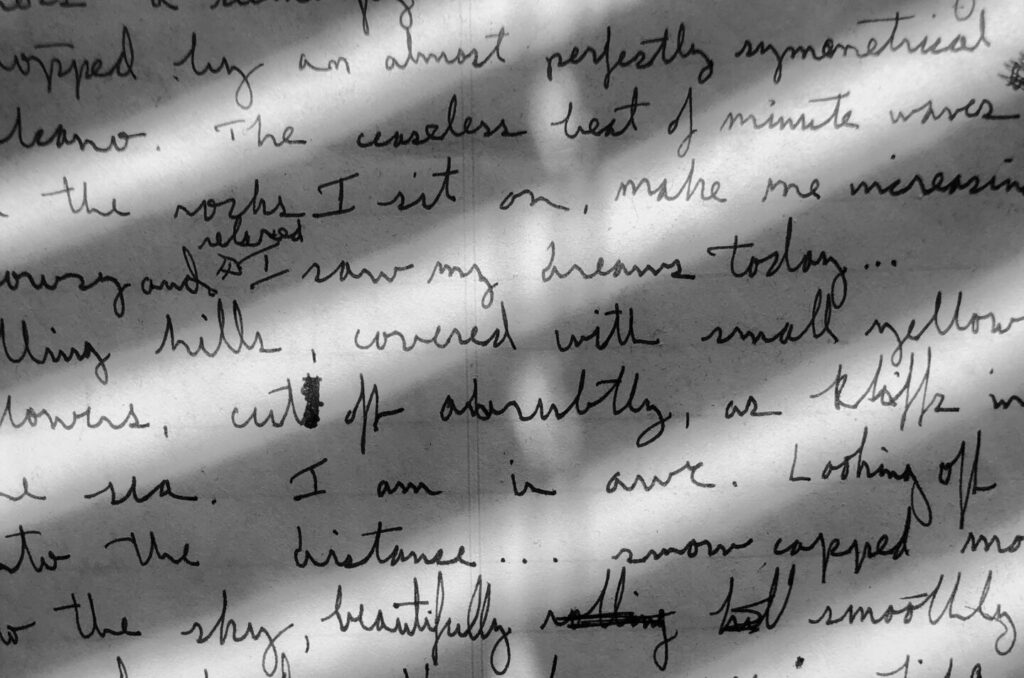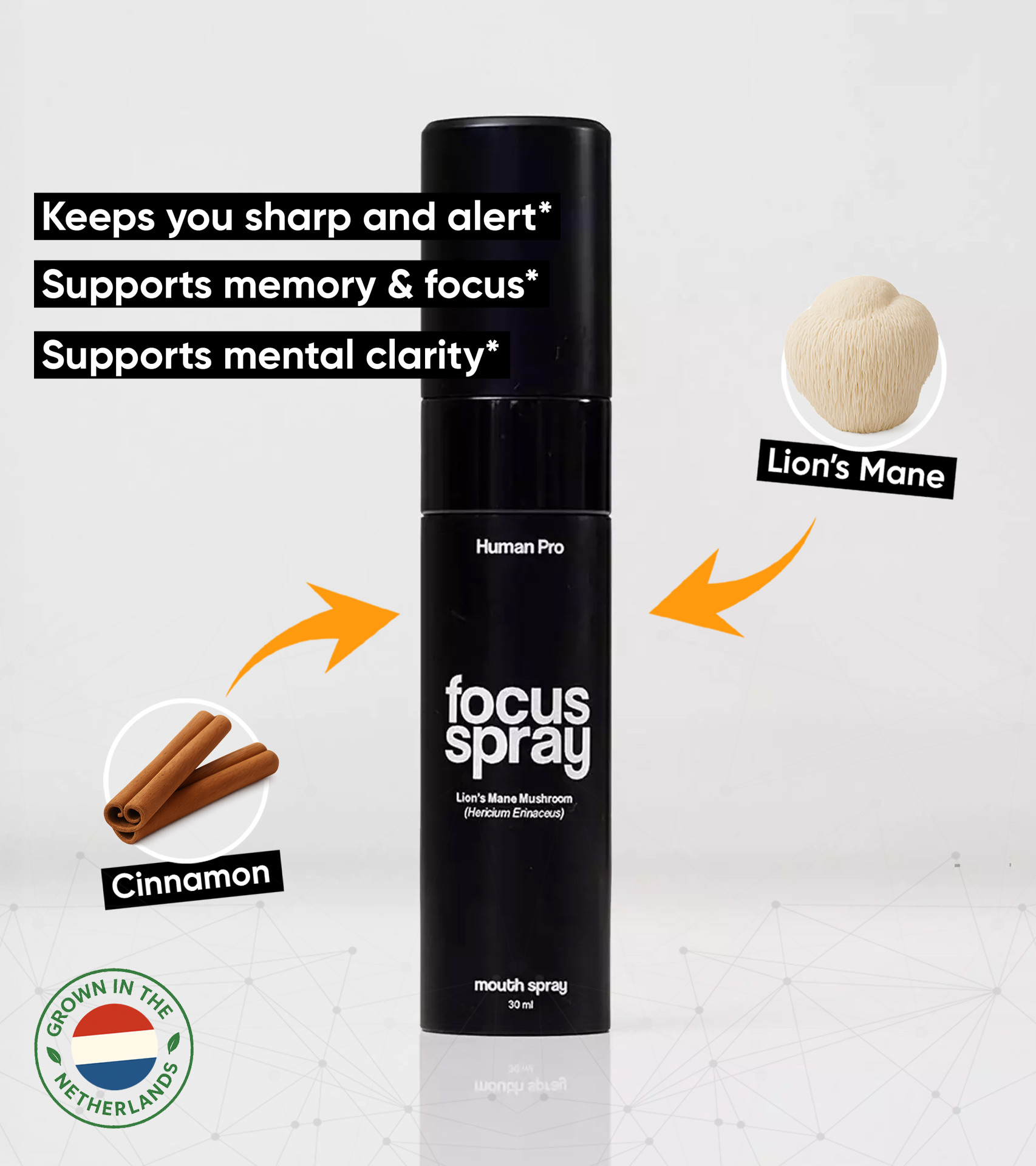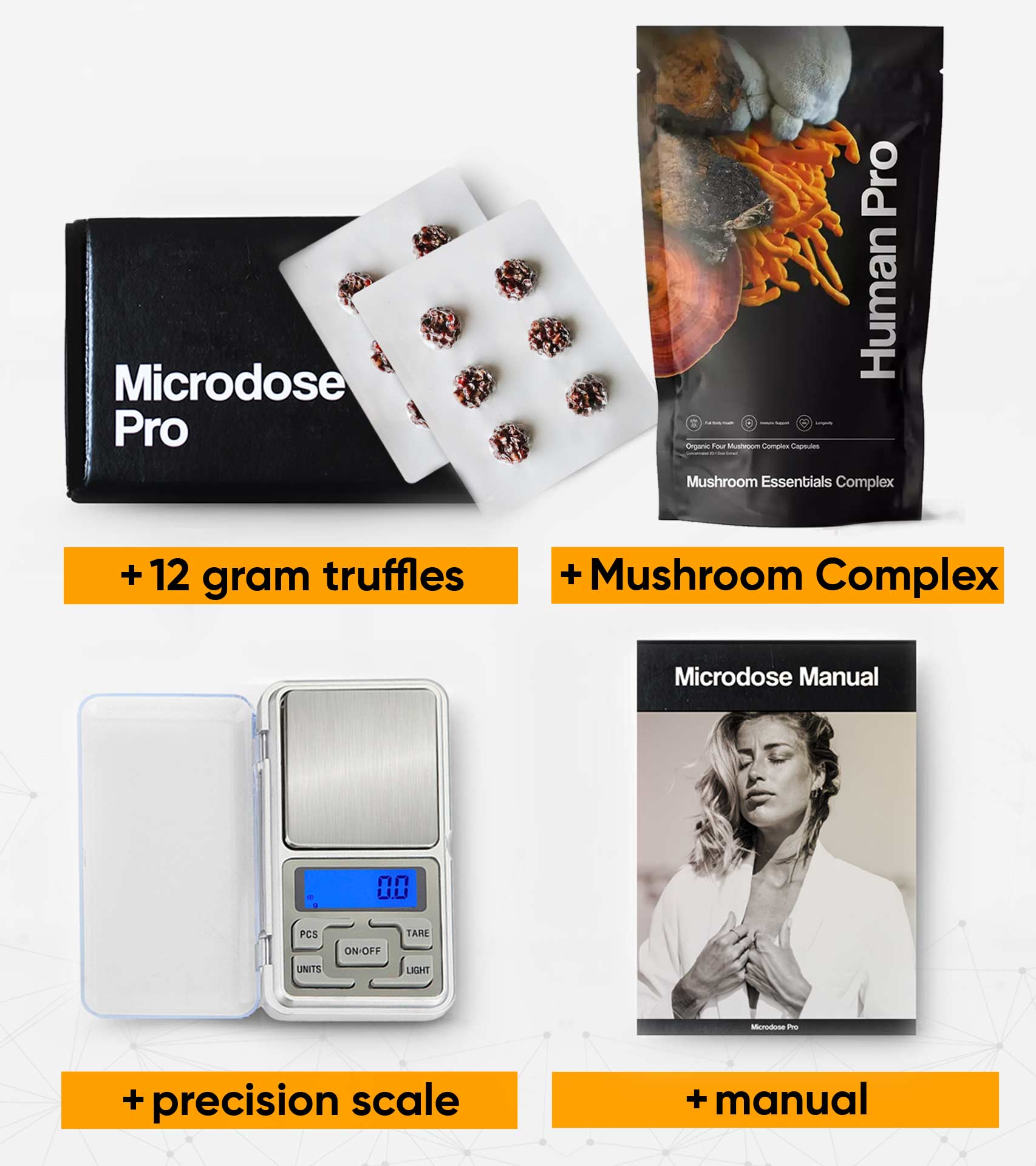Microdosing, the practice of taking sub-perceptual doses of psychedelics, has been reported to enhance emotional awareness, creativity, and cognitive flexibility.
However, microdosing can sometimes bring up some emotional moments and journaling is the perfect way to access and process whatever emotions arise.
Journaling during microdosing cycles creates a space to articulate emotional experiences, effectively engaging in affect labeling.
This practice of labeling has been studied for its dual ability to access deeper understanding and acceptance of our emotional states but also harnesses the brain’s natural pathways for emotional regulation.
The Science Behind Putting Feelings Into Words
A fascinating study illuminates the profound impact of articulating our emotions. Putting our feelings into words is an effective way to manage negative emotional experiences.
This isn’t just a fascinating and shareable anecdote; it’s backed by neuroscience.
Functional Magnetic Resonance Imaging (fMRI) studies have shed light on how affect labeling can influence our brain’s response to negative emotions.
Specifically, when individuals label their feelings, there’s a noticeable reduction in the activity of the amygdala — the brain’s alarm system responsible for emotional reactions.
Simultaneously, there’s an uptick in activity within the right ventrolateral prefrontal cortex (RVLPFC), a region implicated in breaking down complex experiences into manageable pieces.
Moreover, this emotional regulation pathway seems to involve mediation by the medial prefrontal cortex (MPFC), creating a neurocognitive bridge between recognizing our emotions and diminishing their overwhelming impact.
Essentially, in the therapeutic process of naming our emotions, we engage a specific brain circuitry that helps us manage and reduce emotional intensity.
Tools and Techniques
Journaling can be done in a variety of ways.
Long paragraphs can be written into luxurious notebooks. Short sentences can be logged into an app or online database. Daily photos can be collected daily as a visual medium.
Regardless of your preferred technique, journaling is beneficial in itself.
Because the science is so captivating, this blog will particularly be focused on the power of a daily handwritten journaling practice.
The Power Of The Pen
The last fifteen years of neuroscience have given us such a window into how our brains work. We’ve come in leaps and bounds in terms of understanding the mechanisms of various activities, skills, and behaviors.
A seemingly innocuous activity/skill is handwriting. The ability to formulate letters, construct sentences, and express thoughts and emotions all while manipulating a pen or pencil is more powerful than we might have assumed.
Handwritten journaling combines all of the above into a practice that not only drops our cortisol levels but also maintains the complex integrity of our brain’s synaptic connections.
Have you heard about Dr. Andrew Huberman’s writing challenge? In this episode, he explains that over 200 peer-reviewed articles have already been published on the power of mitigation of PTSD symptoms via the practice of regular journaling.
Integrating Journaling and Microdosing: A Practical Guide
Get a notebook and pen/pencil that you will love using.
Read Julia Cameron’s The Artists’s Way.
Start your Morning Pages practice: 3 handwritten pages upon waking
For this practice, the goal is to keep the pen moving for the duration of three whole pages.
Do not pay any attention to grammar, spelling, punctuation, or even legibility. Just keep writing for three pages.
You may keep the pages, or not. The magic is in the writing itself.
Repeat daily until it’s part of your daily lifestyle.
Noticeable Benefits of Journaling
Aside from practicing penmanship, how else would I know that journaling is working for me?
Psilocybin has the robust reputation of giving us what we need and not what we ask for, this means that sometimes, our emotions come to the surface for processing. These uprisings of emotions can happen whether we are microdosing or macrodosing.
To help navigate these swells of emotions, journaling is an ideal pressure release valve. Journaling provides perspective and also reduces rumination. Journaling helps us cope, become resilient, and even be anti-fragile.
Prompt?
If you decide to use the morning pages style of journaling, then all that is required of us is to write out our stream of consciousness. Even if it’s not coherent, the purpose of journaling in this way is to ‘run the hose’.
Alternatively, you can use prompts to get yourself started on a topic to journal about.
Here are some examples of prompts for you to consider:
– Anxiety dialogue; If your anxiety could speak, what would it say? How would you respond to it?
– Which emotion(s) am I trying to avoid right now?
– I can tell I’m doing well mentally when I ______.
Is There Any Value in Digital Journaling?
If it suits your lifestyle more to journal your days digitally rather than in handwritten format, then fear not, there are still benefits to enjoy!
Keeping a log of how we feel daily gives us candid and detailed data on us and our lives.
The long-term collection of daily data, digital or handwritten provides the possibility for a macro view over time.
A macro view over time then allows us to notice any cycles and repetitive patterns that we had never noticed before.
To journal digitally, you can use our Notion Template or download our Sweetspot App (iPhone, Android)
The synergy between journaling and microdosing opens up a unique pathway for personal growth and emotional healing.
Microdosing brings up emotions and memories. Journaling is the physical daily practice of expression. As part of expressing ourselves, we need to apply affect labeling.
Think about what a powerful combination this is.
Microdosing brings on emotional vulnerability, handwriting is a precise motor skill that keeps our brains sharp, and labeling emotions reduces cortisol and the sheets of paper hold it all together to be archived or to be burned.
The magic of journaling is in the daily diligent practice of it and if you’ve been doing it for a while, you know what I mean.
Have you been journaling? Which do you prefer using, the pen or a keyboard? Let me know in the comments below.
Alternatively, be part of the conversation or start the conversation with us here:
- Facebook group (8.000+ members)
- Discord channel (2.000+ members)
- Follow us on Instagram @microdosepro.amsterdam and @humanpro.amsterdam
- Follow me on Instagram @asha_md_coach
As always
Flow strong
Asha ✨







0 thought on “Why Journal When Microdosing”